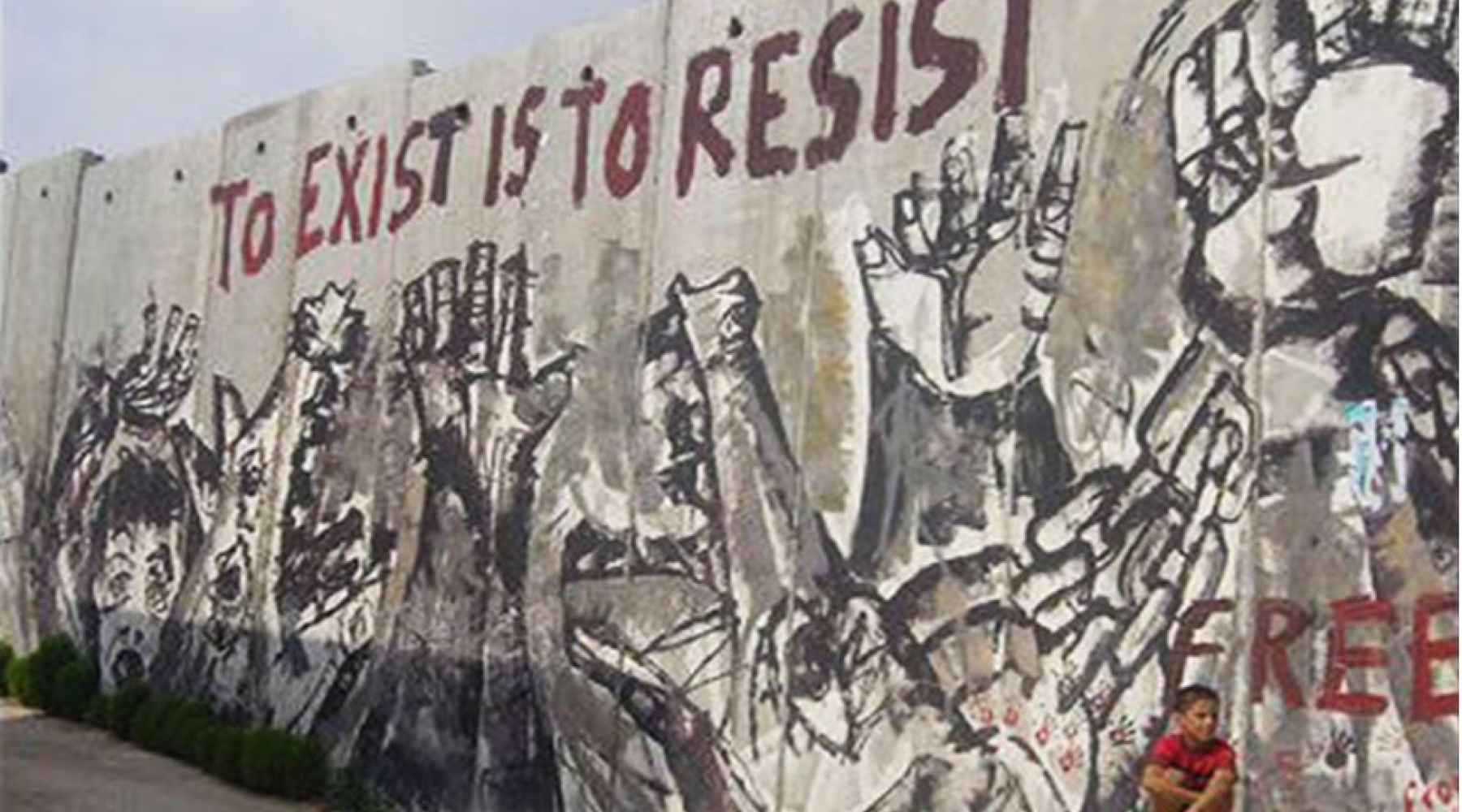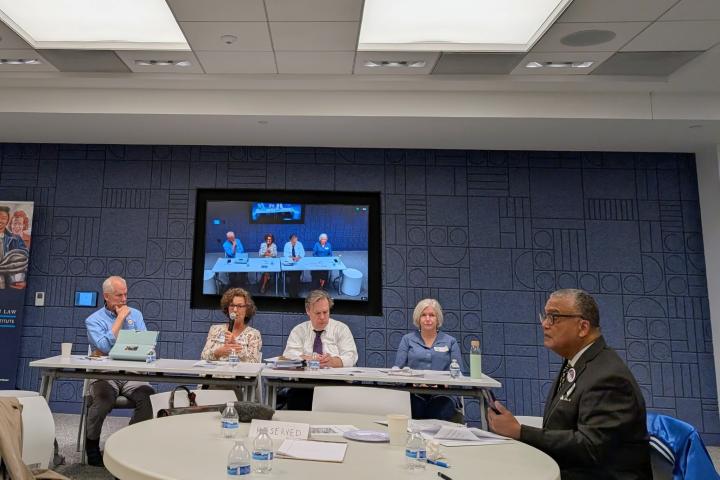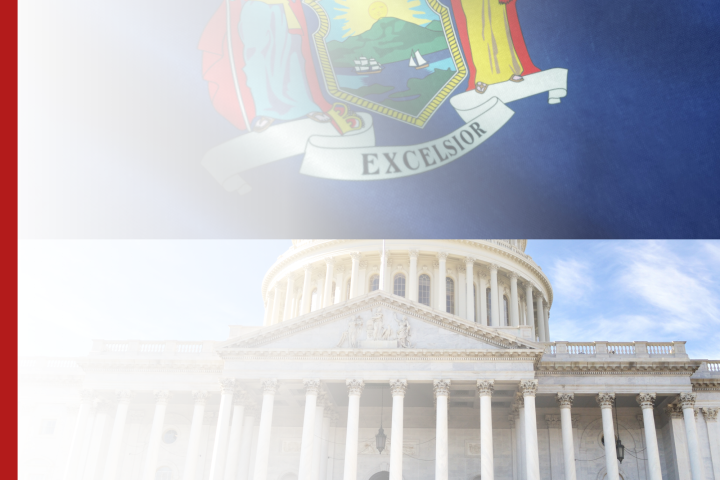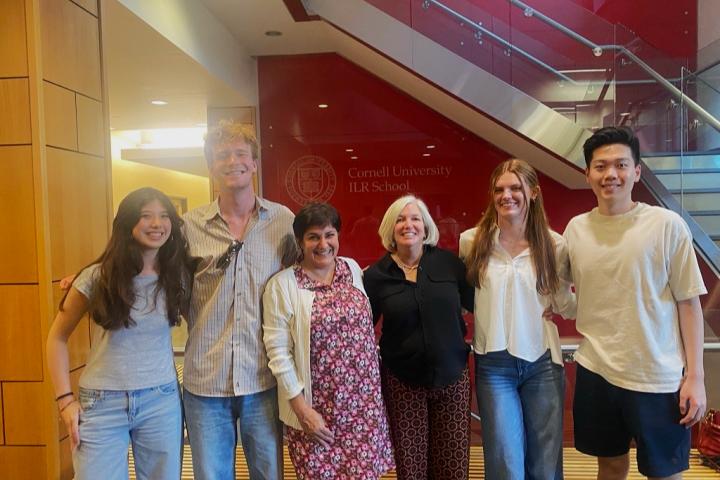
Poetic Resistance in Palestine
“Ever Alive” by Fadwa Tuqan
My beloved home land
No matter how long the millstone
Of pain and agony churns you In the wilderness of tyranny, They will never be able
To pluck your eyes
Or kill your hopes and dreams Or crucify your will to rise
Or steel the smiles of our children Or destroy and burn,
Because out from our deep sorrows,
Out from the freshness of our spilled blood Out from the quiverings of life and death Life will be reborn in you again.........
نكبة Nakba. The Arabic word for catastrophe. Palestine has been occupied for over seventy years. Parts of the land lay in rubble and its people have been displaced. Over 800,000 Palestinians were ethnically cleansed during the 1948 war. Many people were forced out of their homes and expelled. Currently, there are over seven million Palestinian refugees, unable to return to their ancestral land. Although many refer to a specific time period as Nakba, for Palestinians al-Nakba has been never-ending. The fight for freedom and autonomy continues to this day.
Fadwa Tuqan, a Palestinan poet, uses poetry as a means of resistance. Some have said that “one of her poems was enough to create ten Palestinian resistance fighters.” Poetry is a powerful tool to resist colonial occupation. In the poem “Ever Alive”, Tuqan describes the resilience of Palestine. She says that no matter what the settlers do, no matter how many people they kill and how much land they destroy, Palestine will prevail and one day be free. This poem incites hope, but is also very somber. Many lives have been lost and many have had their homes taken away. Some Palestinians grow old, yearning to see their homeland again. Despite the violence perpetrated against Palestine, it will remain steadfast. As Turqan says, “life will be reborn in you again.”
High Road Principles emphasize justice, freedom, and the empowerment of marginalized voices. We have discussed the importance of living wages and benefits, sustainability, workers’ voices, and community. All of these principles are associated with Palestine. The fight to free Palestine intertwines with environmental justice, racial justice, and economic justice. Israel’s laws systematically discriminate against Palestinians and disenfranchise them. The land is being destroyed as settlers burn down olive trees, villages, and attack holy sites such as Masjid al-Aqsa. Palestinian workers are mistreated and barely compensated, with no room to protest against these injustices. Although we have focused on how High Road principles are applied to our local communities, these principles can be applied globally. Freedom and justice is for all.
To learn more about Palestine: https://decolonizepalestine.com/



